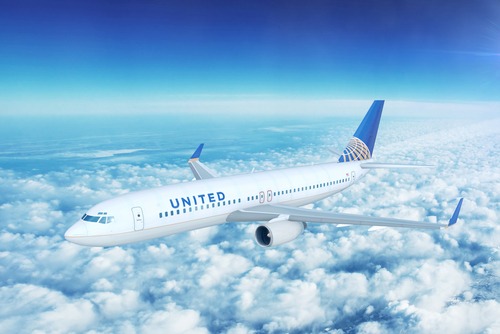
Falling Carry-On Bag Leads to Injury, Airline Lawsuit
An Oregon man has filed a $49,000 lawsuit against Southwest Airlines after a carry-on bag fell from the overhead bin before a flight, causing him to suffer a compressed disc.
Jerry Reinhardt, the plaintiff, was seated on a Southwest plane in 2013 at Portland International Airport when a passenger tried to fit a large bag into the overhead compartment over Reinhardt. When a flight attendant came over to help get the bag to fit, it fell on Reinhardt.
Reinhardt is seeking $10,000 for medical expenses, $34,000 in pain and suffering, and $5,000 for lost income. In the lawsuit, Reinhardt alleges that Southwest Airlines did not properly train the attendant and that the airline was negligent by allowing such a large bag on the plane as a carry-on item. He says the falling bag has caused headaches, nausea, dizziness, strains and tears to the muscles in his back, and other medical issues.
In order to prove that Southwest Airlines was at fault for his injury, Reinhardt must prove that the airline owed a duty to him to act with a certain level of care. In this case, Reinhardt can argue that as a paying customer, Southwest owed him a certain level of care to ensure he was not unnecessarily in harm’s way. He can also argue that, given the flight attendant’s training and experience with the airline, he or she should have foreseen that putting an oversized bag in the overhead bin could result in risks to other passengers.
Employers, such as Southwest Airlines, are typically responsible for the negligent actions of their employees; this legal doctrine is known as “respondeat superior,” which is Latin for “let the superior answer.” Essentially, this legal concept means that the employer is responsible for the actions of its employees as long as the actions are within the scope of employment. In other words, if the employee was carrying out company business, doing his or her job, or acting on the employer’s behalf, the employer can be held liable for the employee’s actions. This allows employers to be held responsible for the costs of doing business, including when employees are careless, improperly trained, or not looking out for customers’ best interests.
A 1998 study from the Flight Safety Foundation estimates more than 4,500 people are injured annually by falling baggage. Sporting goods and oddly shaped items have the highest injury rates when falling out of overhead bins, causing major health concerns like traumatic brain injuries, contusions, and the risk of compressed discs, pinched nerves, and other injuries. While new size restrictions and more stringent airline regulations have worked to decrease the occurrence of in-flight injuries, there is clearly more work to be done.
















